
What are the Psychiatric Times™ Editorial Board Members talking about at the 2022 APA Annual Meeting in New Orleans?

What are the Psychiatric Times™ Editorial Board Members talking about at the 2022 APA Annual Meeting in New Orleans?

Research explored how a traumatic explosion affected individuals around the world.

What are the current dosing guidelines for the implementation of pharmacogenetics into practice?
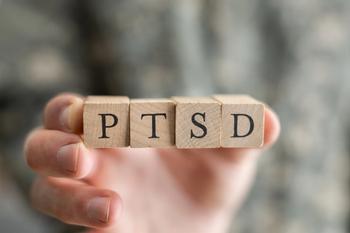
How can we more effectively help patients with PTSD? Charles B. Nemeroff discusses the diagnosis, epidemiology, and pathophysiology of PTSD, along with current and emerging treatments, at the 2022 APA Annual Meeting.

How can we help individuals who are under undue influence or authoritative control?

Do classification systems make a difference? A presentation at the 2022 APA Annual Meeting noted 4 key diagnoses that differ significantly in the classification systems.

New research presented at the 2022 American Psychiatric Association Annual Meeting evaluated program to help address the opioid epidemic.
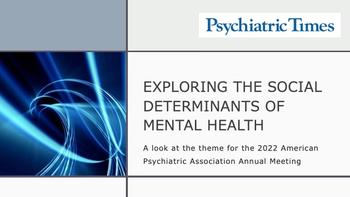
A look at the theme for the 2022 American Psychiatric Association Annual Meeting.
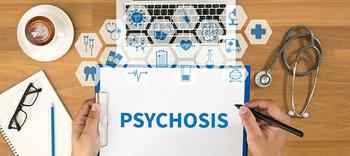
The Accelerating Medicines Partnership in Schizophrenia aims to develop better treatments for the early stages of psychotic illness.

This year’s winner is a pioneer for the human rights of individuals with mental illness in West Africa.

What is the clinical impact of climate psychiatry?

Christine Yu Moutier, MD, is excited to see you at the APA Annual Meeting in New Orleans!
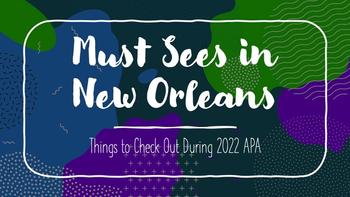
If you're attending APA 2022 in New Orleans, here are some other things to check out in the city.

Are you attending the APA Annual Meeting in New Orleans? Here's a preview of one doctor's talk on jazz and racism.

Are you attending APA’s 2022 Annual Meeting in New Orleans? Don’t miss us!

As the nation continues to grapple with the children’s mental health crisis, the American Psychiatric Association Council on Children, Adolescents, and Their Families is exploring the ways in which clinicians can best support their patients.

Sleep problems are understudied, underdiagnosed, and undertreated.

Joshua A. Gordon, MD, PhD, National Institute of Mental Health Director, leverages lessons from past natural disasters and traumas to foster resiliency and inform future research endeavors.

In his William C. Menninger Memorial Lecture, Anthony S. Fauci, MD, shared lessons learned and remaining challenges for the COVID-19 pandemic, especially in terms of mental health and behavioral issues.

What is excited delirium syndrome and how should it be treated? The short answer is we do not know.
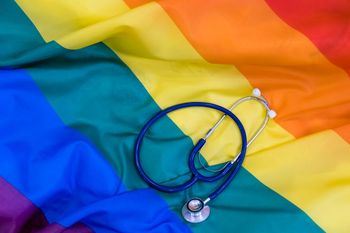
Finding a program that is a good fit while LGBTQ+ may be more difficult than it seems…

Young, professional women in academic psychiatry are facing down the iceberg: gender discrimination.

What treatments could handle both psychiatric emergencies and long-standings mental health conditions—in a hurry?
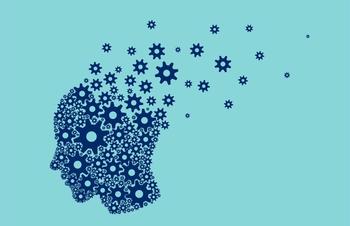
Too often, the medical issues associated with traumatic brain injury are mistakenly diagnosed as psychiatric disorders. A few simple questions and tests can elucidate the real culprit and lead to appropriate treatment.

Collaborative care guides care across disciplines, including psychology, psychiatry, and primary care. The goal is to change practice, build community, and identify health professionals needing the most assistance.
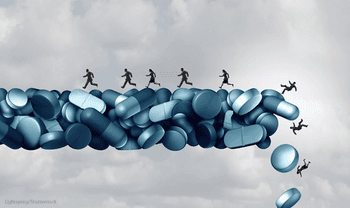
According to Nora D. Volkow, MD, Director of the National Institute on Drug Abuse, drug use and overdose deaths have significantly increased since the outset of the pandemic. What made it worse?

What’s a psychiatrist to do? An APA ethics panel at the Annual Meeting considered various dilemmas, including possible conflicts between physicians’ obligations to individual patients and their obligation to promote the public good.

Can depression be passed on to future generations, and if it can, how can treatment help?

One doctor at the APA Virtual meeting explains how ketamine can rebuild spine and synaptic proteins in the brain, but may be difficult to actually prescribe to patients.
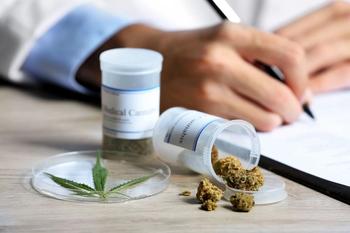
Timothy W. Fong, MD, touches on our current understanding about cannabis use for psychiatric disorders.